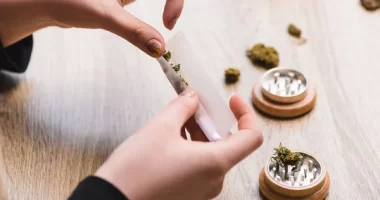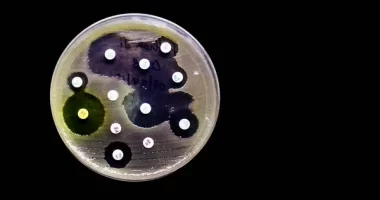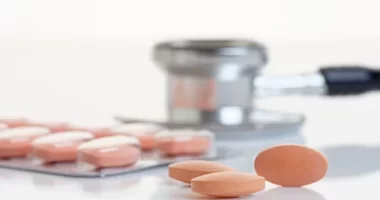South Australia freedom day: On 23 November, South Australia will open its doors to tourists, to loved ones, to residents finally returning home – and to Covid.
Other states and countries have called it “freedom day” when they emerge blinking into the light from lockdowns. But in Covid-free SA, lifting border restrictions means letting the pandemic in. Deliberately, almost. Authorities are calling it a “controlled entry”.
SA’s police commissioner, Grant Stevens, told the ABC that Covid will “come anyway”, and that 23 November is “the day to open up (and) the day to introduce Covid into SA”.
Some will be ecstatic to have children home for Christmas, to have much-missed hugs with relatives. But there is anxiety, too, in a state with very few restrictions that has gotten this far with very few cases.
According to Johns Hopkins University statistics, the United States has had 13,843 cases for every 100,000 people. In the United Kingdom, it’s 13,102. In Australia, 643. In SA, 52.26.
In SA, with a population of about 1.77 million, that equates to fewer than a thousand cases over the course of the pandemic. About 700 were overseas visitors, another 40 were from interstate, 179 were close contacts.
Just nine people caught Covid in the community, from an unknown source.
Four people died.
In about four weeks, when the double vaccination rate is predicted to hit 80%, SA’s borders will open up. Authorities concede that it’s time for SA to let the virus in, and hope the state is ready.
The state’s premier, Steven Marshall, says SA has had the fewest days in lockdown of anywhere in the country – one six-day lockdown ended after three days, another went for a week. Restrictions have been relatively light.
Marshall credits people with protecting themselves, following the rules, and says the existing (minimal) restrictions will continue until 23 November. Then the borders will open, and the restrictions will ease further as vaccination numbers increase.
Marshall accepts that there will be Covid cases in SA, and some hospitalisations, but says his plan takes into account vaccination levels and hospital capacity.
“I get plenty of advice,” he says. ( South Australia freedom day )
“There are people who are worried about the borders opening and there are some who wanted them open immediately.
“In the end we have to chart a course.”
Australian Medical Association vice-president, Dr Chris Moy (a South Australian), says SA’s approach has been both de-politicised and “relatively conservative”, with a high level of trust in decision making.
“We’re basically living normal lives here (apart from the lack of travel),” he says.
“The flipside is that opening our borders will increase the risk. In SA it’s a harder question (about opening up) psychologically, politically, and from a health point of view. We’re taking risks we haven’t had to take before because we’ve managed it well.. (it’s a) controlled entry.
“It’s natural to feel nervous. People in Victoria and NSW are welcoming ‘freedom day’. SA has been living freedom day for the past few months. We’re coming from completely different ends of the spectrum.”
It’s the ongoing quandary of the pandemic. More freedoms mean more risks. “Living with Covid” means more disease, and inevitable deaths.
Science communicator and author Tanya Ha knows the statistics, and the personal angst of these decisions. She’s in Melbourne, which was the world’s most locked-down city, while her elderly mother lives in SA with a compromised immune system.
“There’s been that urge through the whole thing – when can we go and see mum? Your heart pulls you, you want to go there,” she says.
Despite the harshness of the lockdown, Ha says she was happy her relatives in SA had freedoms her own son didn’t. “We didn’t want you to suffer from the things we suffered from,” she says. “And mum is safer without people like me coming into SA.”
Moy says doctors are worried about the hospitals coping, about accepting more Covid, about having more people become sick as SA opens up.
“We will accept more day-to-day restrictions in the next little bit. We’ll lose some freedoms and accept more risks,” he says, likening it to easing off the brake slowly, instead of automatically slamming it down as soon as cases arrive.
Ha’s father died three years ago in his 80s, and she was there. “I know the difference between a good death and a bad death. Dad had what I’d call a good death,” she says.
She worries about Covid coming to SA, and to her mum, when she doesn’t want to be someone who jumps on a plane and potentially brings it.
“Unlike my dad, if she were to die now from Covid, she would be one of those statistics of an 80-year-old woman with pre-existing conditions, but the truth is she would die alone, struggling to breathe,” she says.
“That’s what I fear.”
South Australia freedom day
Post source: Guardian










